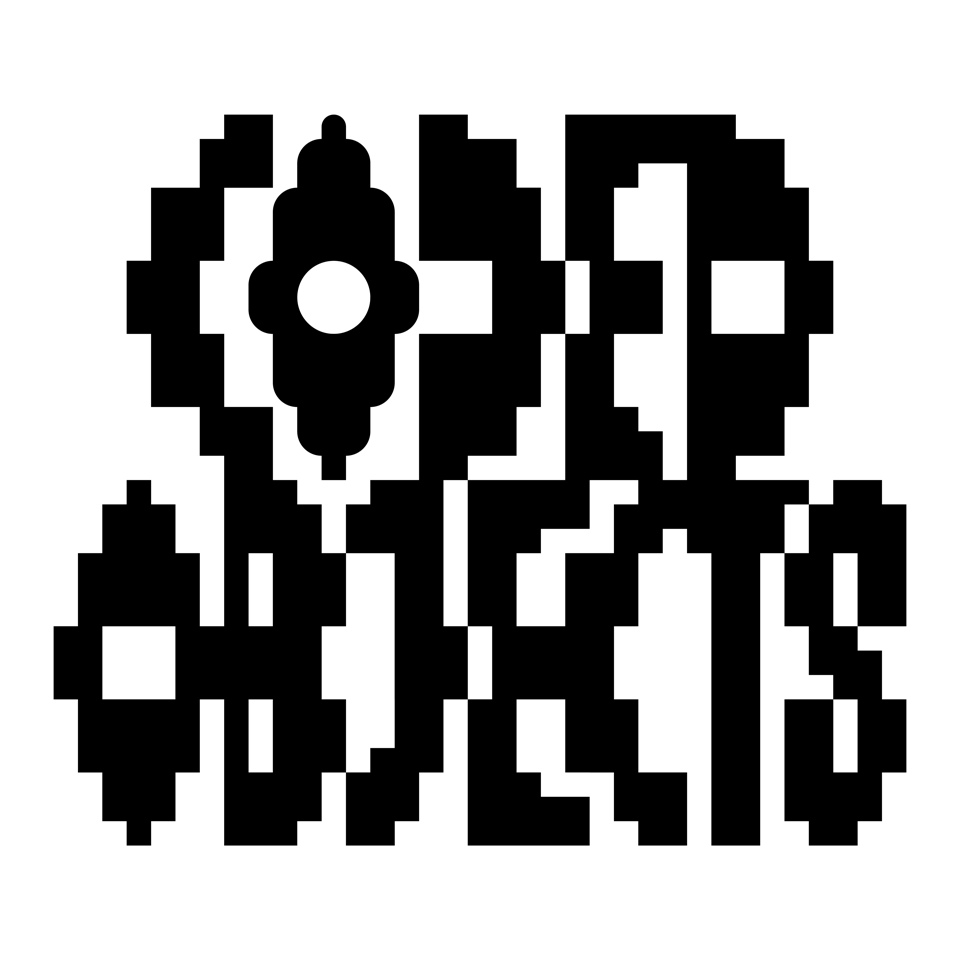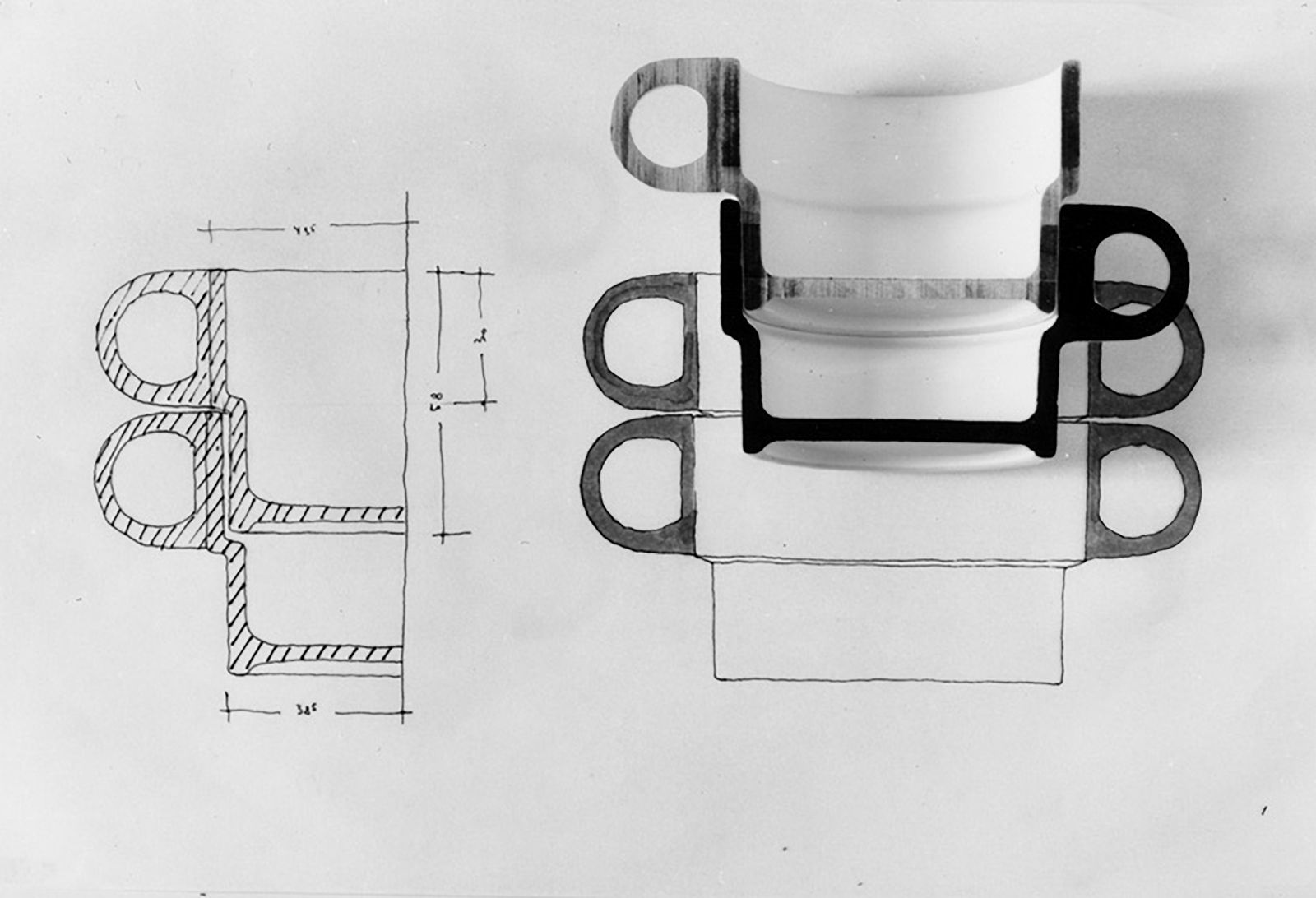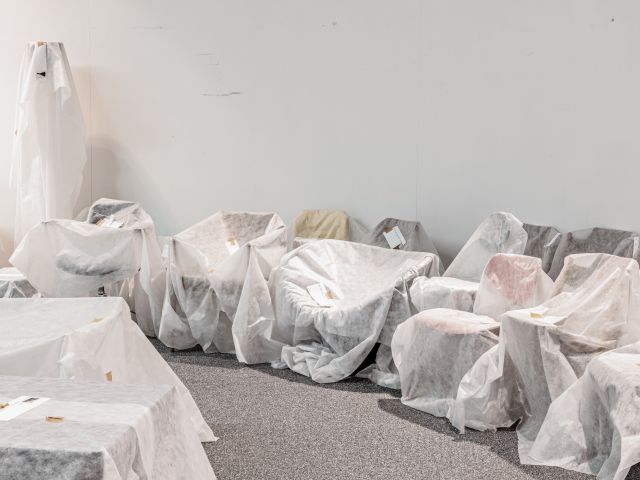Coded Objects
Lise Meitner Group Anna-Maria Meister


At a moment when the design and distribution of information has become a dominant driver of world politics and economy, the formal and material implications of “codes” often remain unnoticed or unchecked—as do concurrent shifts of agency and attempts to program society through spatial and formal measures. Hence, the research group will look at the space of coding not as abstract technology or remote activity, but at the programming of objects through design. It is imperative to investigate the form that drives the production of seemingly non-aesthetic processes—and the analysis of forms emerging in the focal point of material and data. With form as epistemic entry point, the multi-disciplinary research group will probe information systems and data as (and through) objects of design, while investigating the role of material forms in automated processes. In short, this project will focus on proto-algorithmic thinking as material and spatial practice.
Taking coded objects as central lens of refraction will question any ready dichotomy of design and bureaucracy—and any assumptions of "neutral" technology. The investigation of the form of processes and the objects they produce—locating design moves in systems imagined as automated—promises to unveil uncomfortable friction and productive affinities necessary for this research to bear on the present. The matter of processes matters, so to speak. Shaping things is often masked by rhetoric of technological "neutrality," but given the global circulation of images and objects, and the embedded design of information, form-giving operations and the matter of design demand closer scrutiny. This project will carve out discourses of responsibilities, aspirations and techniques of forming values through aesthetic means. After all, what is coded here are not only objects or tasks—but subjects.
By looking at the coded objects that surround us as a set of human, material and aesthetic negotiations, the group wants to move the focus toward the importance of formal intentions (and consequences) in prescribed processes and programs. At the same time, it will consider the making of objects and giving form as locally and culturally highly specific practice, be it the deliberate shaping by experts or intelligent solutions for material processes developed by communities. Building on the critical work around "precision," "objectivity" or "technological efficiency", especially its questioning through feminist and queer methods, the group will study practices developed by shape-givers together with bureaucrats to create form (both historically and contemporaneously). Techniques of making will serve not just as tacit knowledge, but as skillset and tool in the operations of (always already) coded objects.
The group includes doctoral and postdoctoral positions, collaborative and individual research projects, as well as scientific guests, aiming for a wide range of scientific and public outcomes and building upon three modes of research: rigorous, in-depth archival work to uncover and evaluate case studies; intensive interdisciplinary exchange toward shared terminology and methodologies; and, lastly, a strong focus on making as form of knowledge, namely on the tangible, material and formal skills and sensorial experience of formgivers and their practices.
See also the most recent article by Anna-Maria Meister:
Coded Objects: The Forms of Proto-Algorithmic Thinking.




